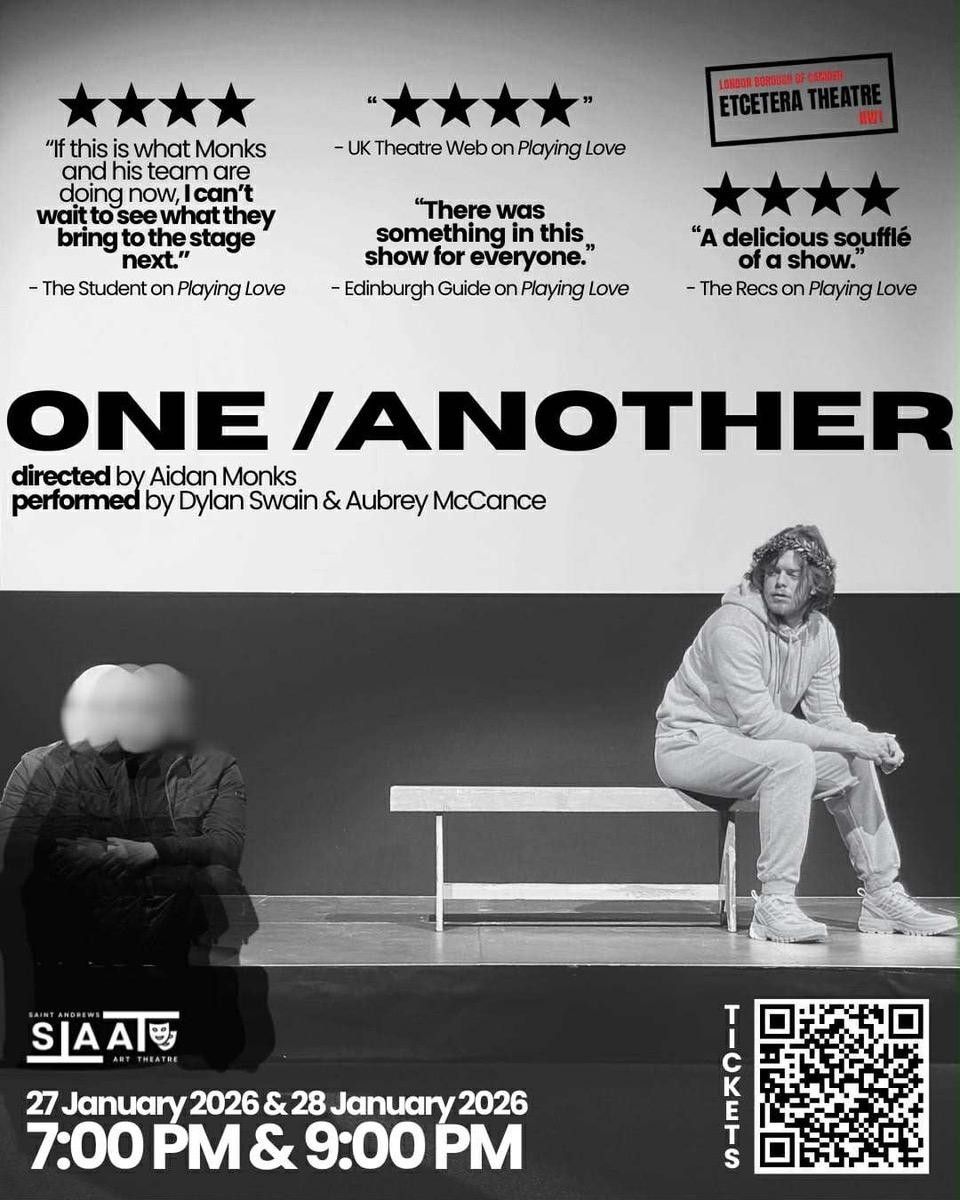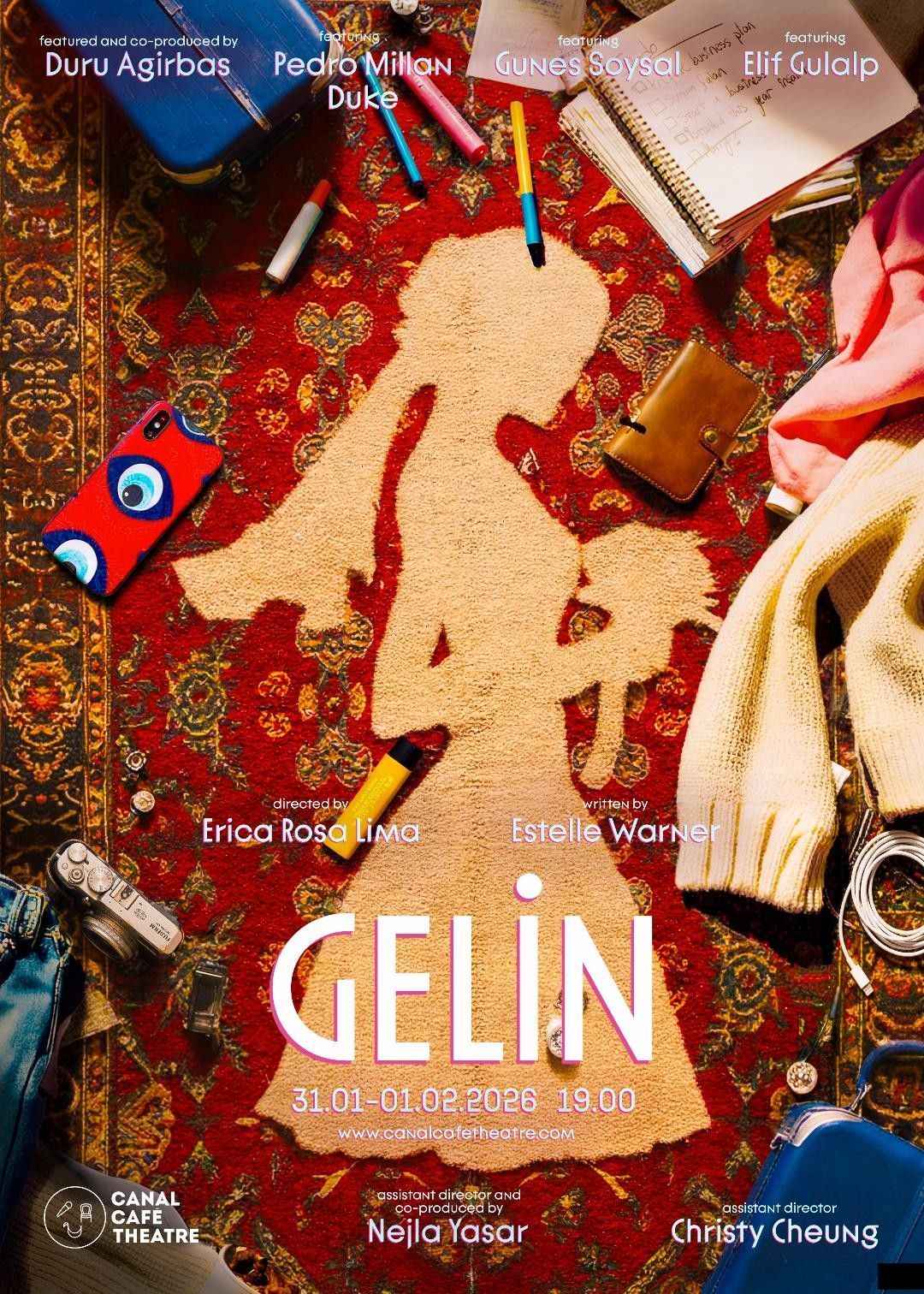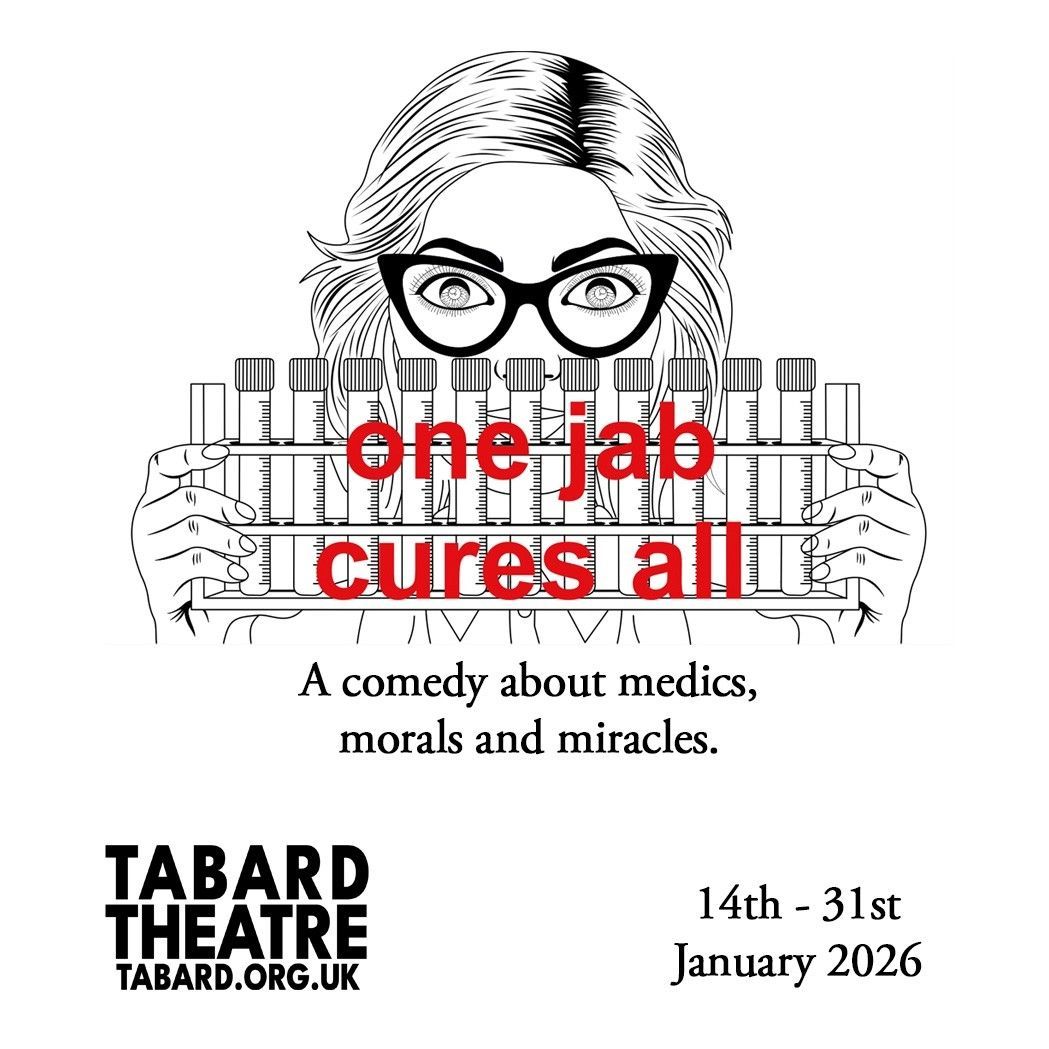REVIEW: ARLECCHINO & FELICITY: ROMEO & JULIET UNCHAINED Camden Fringe at Etcetera Theatre 5 – 8 August 2024
'the result is more exhausting than illuminating' ★★☆☆☆
What do you get when you mix the grand old English tradition of Shakespeare with the grand old Italian tradition of commedia dell'arte? ‘A daring, risky balance between tradition and innovation’, Arlecchino & Felicity's press material claims, that creates ‘an international language’ and ‘new linguistic code’.
To me, the result feels more like two cultural traditions stripped of their power and mashed together into a show that tries to be cleverer than its source material while simultaneously dumbing it down for the audience.
This is Romeo & Juliet as retold by Felicity (Betty Andriola), an Englishwoman upset at how depressed the tale of star-crossed lovers has made her, and Arlecchino (Vanni Carpenedo), a Venetian actor eager to prove the quintessential Italian-ness of Shakespeare's story. ‘Giulietta, not Juliet!’ he scolds, frustrated, as Felicity titters nervously at his masks, wigs and boob jokes. ‘I'd like to play Shakespeare!’ she complains. This is Shakespeare, Arlecchino claims.
There are vital ideas at play here: What's at the heart of Shakespeare's stories? How was he influenced by other theatrical traditions of his time? How do different cultures view storytelling, and how should we be expressing all of that today? If that sounds like an academic topic, that's because it is: The producing company Bottegavaga is also a Venetian cultural institution, one that has described Arlecchino & Felicity as its ‘current research project on the historical and cultural links between Shakespeare and Commedia’.
But what could make for an interesting thesis paper, or university lecture, hasn't translated into an equally interesting show. Supposedly, Felicity and Arlecchino are retelling us the story in order to change the ending—to rewrite the lovers' destinies and save them from their fate. But for most of the running time, they are skimming over the plot's greatest hits while complaining about how sad it all is. This leaves us emotionally uninvested in any of the characters, and it's not until the end that the plot mechanism briefly kicks into gear.
The lack of emotional investment is further hindered by the show's linguistic choices. Almost everything is presented in both English and Italian—not with subtitles, but by having the actors chop their native language down to the very simplest expressions and then repeat those expressions in the other language. If Mercutio has just been stabbed, is lying motionless on the floor and Arlecchino tells us that ‘Mercutio è morto’, do we really need the clarification ‘Mercutio is dead’? There is so much Bottegavaga and director Alberta Toninato could have done by playing with two languages—especially in a storyline about two opposing factions, who (metaphorically) don't understand each other—but the result is more exhausting than illuminating. It also robs us of much of the beauty of Shakespeare's text, without making any room for commedia dell'arte's physicality to shine.
Little of this is the two actors' fault, who throw themselves into their parts and deftly alternate between their many characters. The most pleasing moments were often connected to role switching—a scarf tossed across the stage, a mask lifted up or down—and the storytelling here was clear. Props, too, were choreographed into some lovely visual moments. A sparkling umbrella opening to reveal a night sky was a particular highlight.
Leaned more into such playfulness, imagery and physical specificity would have served this show well; as it is, Arlecchino & Felicity's main interest lies in its academic experiment.
Director: Alberta Toninato
Actors: Betty Andriola, Vanni Carpenedo
Produced by Bottegavaga







